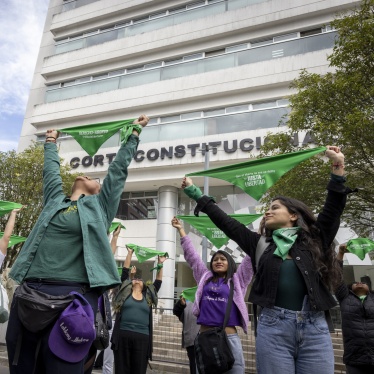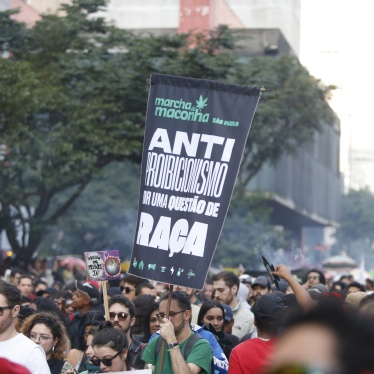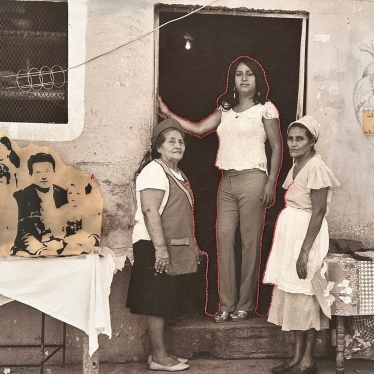Human rights protect everyone—no matter who—from government abuse and neglect. Yet today a new generation of authoritarian populists is challenging that bedrock principle. They claim to speak for “the people” and treat rights as an impediment to their concept of the majority will, an obstacle to defending the nation from perceived threats and evils. In societies with weak institutional checks and balances, they are especially hard to stop.
As Donald Trump prepares for his inauguration as US president on Friday, many wonder whether he will be a terrifying new addition to their ranks.
Authoritarian populism is on the rise in large part because strongmen are taking advantage of mounting public discontent over legitimate concerns ranging from economic problems to insecurity and inequality. A generalized fear caused by terrorist attacks or the uneasiness that immigration and diversity may generate provide a perfect excuse to ignore facts and lash out against those who supposedly are responsible for the problems. Strongmen often amplify xenophobia, racism, and a public discourse that sacrifices the rights of minorities and opponents.
In the Americas, in addition to the military dictatorships of the 1970’s and 1980’s and the dictatorship in Cuba, we’ve had our share of authoritarians. For example, Alberto Fujimori dissolved Parliament and was responsible for illegal killings and enforced disappearances in a fight against insurgent groups. His government was plagued by corruption scandals. Rafael Correa, who will leave office this year, has severely limited the ability of independent media and civil society to work in Ecuador. Daniel Ortega is starting a third consecutive term as Nicaragua’s president, having used the Supreme Court to undermine the opposition.
But the region’s most paradigmatic authoritarian populist today is surely Venezuela’s Nicolás Maduro. Since his slim and contested victory in 2013, President Maduro has failed to address acute problems—particularly for low-income Venezuelans—including crime and severe shortages of medicine, medical supplies, and food. Instead, he has deployed the intelligence services to detain and prosecute opposition politicians and critics, and he has carried out abusive military and police raids on immigrant and low income communities. Taking advantage of the lack of judicial independence in Venezuela, he has undermined the ability of the opposition majority in the National Assembly to legislate, and used his effective control over the electoral authority to obstruct a recall referendum on his presidency.
We forget at our peril the demagogues of yesteryear, the dictators—whether fascist, communist, or of other brands—who have claimed privileged insight into the majority’s interest and ended up crushing the individual. Unfettered majoritarianism—and its attacks on the checks and balances that constrain government power—represents the greatest danger today to the future of democracy in the Americas.
In our region, rejection of a recent history of draconian dictatorships has become the basis for a consensus in favor of human rights. But it’s a fragile consensus. The temptation is strong for leaders to assume an authoritarian stance when confronting real threats. And if the White House gives a green light for aggressive majoritarianism, we will have difficult years ahead. To tackle such a challenge, we’ll need to awaken from apathy. We’ll need to defend our rights as citizens. To do so, it’s critical to protect our right to speak freely, including through the media.









